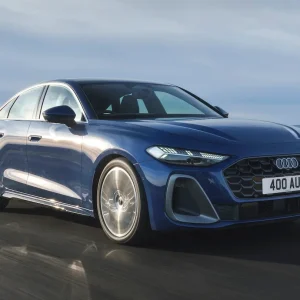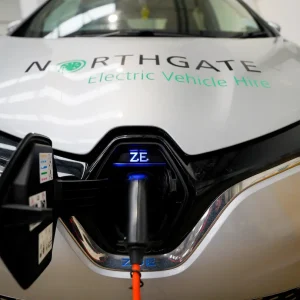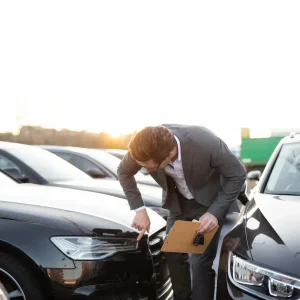Companies are always looking at ways to reduce business travel costs, but there could be one simple solution that is often overlooked.
According to research commissioned by Europcar, 44% of business travellers organise their travel plans just one week in advance. This could mean they lose out on the best deals. The fact that almost half (45%) of business travellers make their own travel arrangements, independent of the company they work for, could also add to the costs.
Small businesses often don’t have a dedicated person to make travel arrangements, which leaves individuals to book their own transport.
But if workers leave bookings to the last minute, they could incur additional last minute costs, which businesses could do without. With a little planning, companies may easily gain some cost savings and their travel budgets wouldn’t have to stretch so far.
When it comes to adhoc travel, car hire works similarly to an airline, which means the earlier you book, the more competitive the price becomes. Organising travel with only a week to spare means the traveller and ultimately the business doesn’t get to take advantage of any discounts and deals based on early booking.
It; therefore, makes sense for even the smaller businesses to implement a travel booking system that ensures employees can get the best possible deals. They could even benefit from the booking systems of suppliers, like the Europcar e-biz tool which provides a full rental management system for our customers.
And another area where tapping into an integrated booking system will deliver cost savings is VAT reclaims. Every year companies lose out on ?5 billion reclaimed VAT on international travel because the manual paper-based VAT recovery process is complex and inefficient.
To remove some of the burden, Europcar has partnered with Taxeo, giving businesses access to fast and easy paperless VAT refund services. Taxeo receives electronic invoice data from Europcar, creating tax-compliant electronic invoices, which can reduce car hire costs for businesses by 15-20%.





